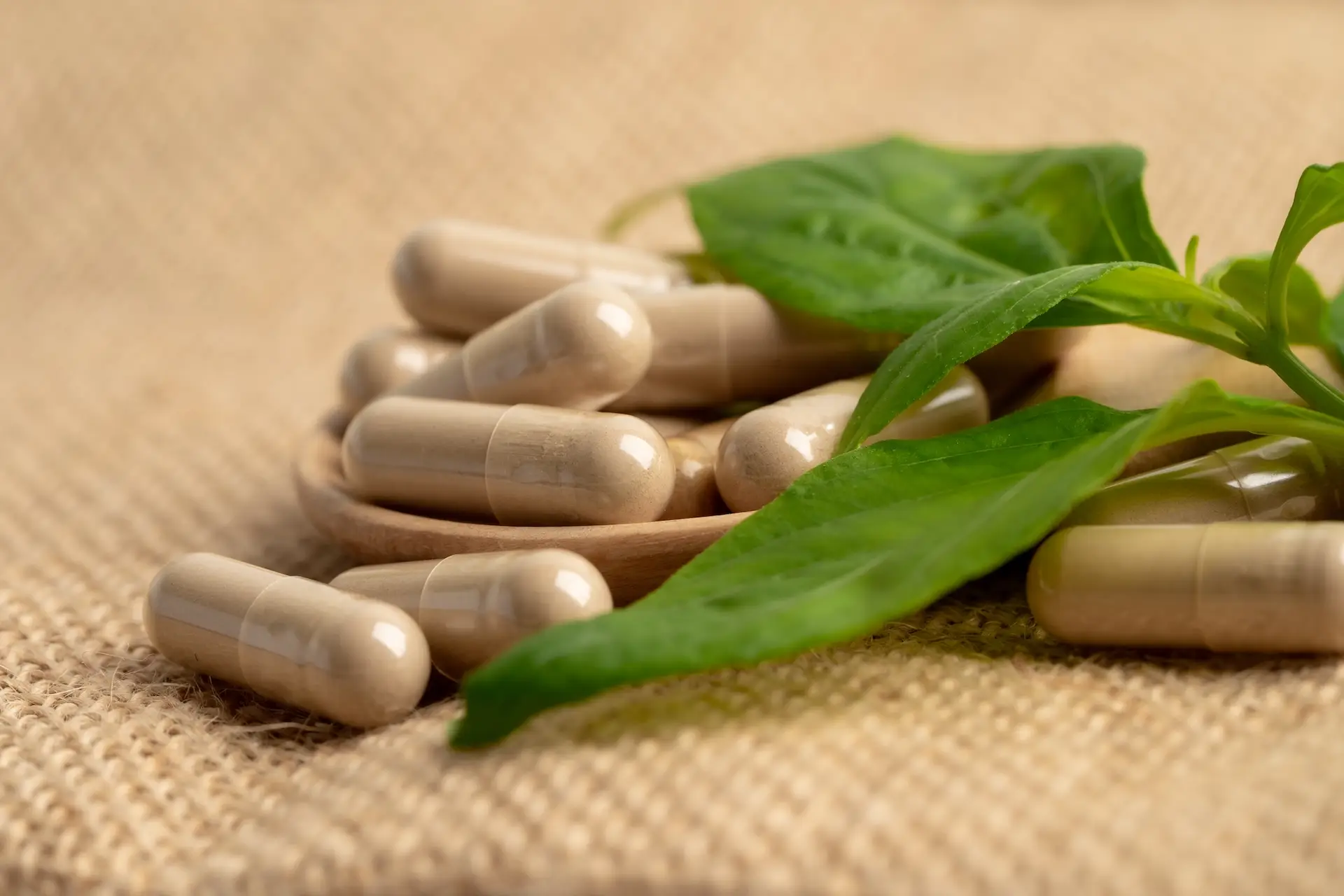Let's Fight Back Infections
with the help of a microbiome extract of the right composition
The appearance and proliferation of the toxin-producing strain of Clostridioides (Clostridium) difficile (hereinafter: C. diff.) can lead to a life-threatening infection. This typically occurs in the context of prolonged antibiotic therapy or hospitalization, and in conditions that predispose to or weaken immune defense. The bacterium spreads due to the disruption of the healthy microbiome balance, causing symptoms such as fever, abdominal pain, vomiting, and diarrhea.
The treatment of toxin-producing (A/B or possibly C) Clostridioides (Clostridium) difficile infections is increasingly being done using FMT (fecal microbiota transplantation) due to the growing antibiotic resistance and the subsequent dysbiosis. If you have previously had an infection confirmed by microbiological testing (stool culture and/or detection of C. diff. toxin from a stool sample), treatment decisions can be made based on the symptoms in the case of recurrent illness.
Our stool microbiota transformation service developed for the treatment of Clostridioides (Clostridium) difficile infection is called DiffBiome, and it is available in three different versions, in addition to hospital care, as detailed in the table at the bottom of the page. When using this service, you will pay for the cost of transforming the microbiome material donated by the donor free of charge, resulting in the return of stool capsules to you. To select the appropriate capsule (service), please read the section titled "Treatment Process."
Comparative Analysis of FMT and Antibiotic Therapy
Medical Background
Clostridioides difficile infection (CDI) presents a significant challenge in modern healthcare, requiring effective and cost-efficient treatment strategies. Below, we aim to provide a comprehensive analysis of two primary treatment options: FMT-based Fecal Microbiota Transplantation Therapy and antibiotics. Traditional antibiotic treatment, while often effective, is associated with a high recurrence rate, leading to the introduction of alternative treatments such as FMT.
MicroBiota Treatment Therapy (MTT)
- High cure rate: FMT has proven to be highly effective in treating recurrent CDI, with a cure rate exceeding 86%.
- Microbiota restoration: FMT restores the balance of the gut microbiome, promoting long-term resistance to CDI recurrence.
- Reduced antibiotic dependence: FMT reduces reliance on antibiotics, potentially alleviating concerns related to antibiotic resistance.
- Long-term financial benefits: While the initial costs of FMT may be higher due to donor screening, laboratory tests, and procedural requirements, its higher cure rate can result in long-term cost savings by reducing the need for repeated antibiotic courses and hospital readmissions.
- Limited Standardization: Due to the nature of FMT, the microbiome of each donor changes every day, every hour, and therefore, unlike drugs, it cannot be standardized. FMT lacks standardized protocols, leading to variability in clinical outcomes.
- Risk of Infection Transmission: There is a minimal risk of transmitting infections from the donor to the recipient, emphasizing the need for rigorous donor screening.
Antibiotics
- Widespread Availability: Antibiotics are easily available and can be administered orally or intravenously, ensuring ease of use.
- Cost-Effective: Antibiotics are generally more cost-effective in the short term compared to FMT. However, this is only true until the first recurrence.
- High Recurrence Rate: Antibiotic therapy is associated with a higher recurrence rate, requiring prolonged and repeated treatments.
- Microbiota Disruption: Antibiotics not only target pathogens but also disrupt the healthy gut microbiome, potentially leading to dysbiosis.
- High Long-Term Costs: Antibiotics are initially generally more affordable, but complications related to antibiotics, such as side effects, recurrent infections, longer treatment durations, increased hospital stays, and antibiotic switching, can quickly drive up costs.

Conclusion
In summary, both FMT and antibiotics play important roles in the treatment of CDI, with each having its own advantages and disadvantages. FMT offers excellent effectiveness and microbiome restoration, which may lead to long-term financial benefits. Antibiotics, while more accessible and initially more cost-effective, come with a higher recurrence rate and hidden costs. In cases of mild infections, the patient's best interest is to wait. In cases where oral or IV antibiotics are necessary, both the patient and the institution have a financial advantage in choosing FMT over standard antibiotic therapy.
If you would like to learn more about the treatment, please download the document below, where you will find answers to many previously raised questions.
Treatment of Clostridioides (Clostridium) difficile Infection with DiffBiome Capsules
Please select the required treatment duration (5 or 10 days) based on your doctor's recommendation and the severity of the infection. In case of recurrent illness, choose the higher bacterial density. The usual treatment duration is 5 days, during which 3 capsules per day are recommended. For patients with severe symptoms, particularly those for whom antibiotic therapy has repeatedly proven ineffective, we recommend the use of double bacterial density capsules, and for therapy-resistant or elderly patients, we suggest using the DiffBiome+ capsules and extending the treatment duration to 10 days.
We also recommend that you suspend all antibiotic and probiotic use at least 3 days prior to performing FMT, as they may neutralize or negatively affect the outcome of the treatment. The "+" marked capsules are specifically recommended for treating recurrent, therapy-resistant cases, where preventing further fluid loss is crucial.
Standard use: 2-3 capsules for 5 days, followed by a 3-day break. During the use of DiffBiome, keeping a food and symptom diary and performing a compatibility test is not necessary.
Steps for using our DiffBiome service
The following steps are designed to restore your microbiota in the most prudent way, and our service will ensure a speedy recovery. We will guide you through the process.
Registration
The first step is to record the necessary information for contact and the donation registration. As a result of the registration, we will send you an identifier in the format U0000000, which you should reference in all future correspondence. Without registration, we will not be able to provide effective assistance at a later stage.
RegistrationOrdering DiffBiome
We extract the bacterial mass that forms the microbiota from the donor stool using our specially developed method, then freeze-dry it and fill it into capsules using pharmaceutical manufacturing procedures. The barcode of each capsule is linked to your patient ID. The completed MTT capsules are packed into boxes and sent to your address via courier service. The capsules no longer require significant refrigeration for shipping. In the short term, they can be stored in your home refrigerator for months or in the freezer for years.
OrderDelivery
We extract the microbiota from the donor stool using our proprietary method, freeze-dry it and fill it into capsules using a pharmaceutical process, and assign the barcode of the capsules to your patient ID. The MTT capsules are packed in boxes and sent to your address by courier. The prepared capsules no longer require major refrigeration for shipping, they can be stored for months in a refrigerator at home or years in a freezer in the short term.
DiffBiome Capsules
For the scalable treatment of C. difficile infection
DiffBiome 30(II)
(1x30 capsules)- Whole microbiota suspension of human origin from screened donor, in lyophilized form
- For the treatment of Clostridioides (Clostridium) difficile infection
- Double bacterial density
- Sufficient for a 10-day treatment
- In case of a long-standing infection (years-long)
DiffBiome 30+
(1x30 capsules)- Whole microbiota suspension of human origin from screened donor, in lyophilized form
- For the treatment of Clostridioides (Clostridium) difficile infection
- Complex bacterial density
- Sufficient for a 10-day treatment
- In case of therapy-resistant infection
By clicking the appropriate button, you will be directed to our payment page, where you can finalize your order for our services. After receiving the payment, our team will contact you via email and send the selected DiffBiome package to the address provided during the purchase with the label "For the doctor's attention." Please note that although we provide the highest quality, laboratory-certified service, the use of DiffBiome capsules and the evaluation of treatment results may require professional experience. If you have any questions, please feel free to contact us!
Precautions
It is important to ensure that during the MTT period, you:
- do not take antibiotics or probiotics;
- consume foods that contain live bacteria (such as live-culture dairy products, lacto-fermented vegetables);
- consume antibiotic- and antiparasitic-free animal protein and avoid artificial sweeteners;
- if you are seeking a stable and long-term solution, visit Cservölgy Major:
Microbiota Transfer Therapy (MTT), according to the current state of science, is the most effective method for restoring natural function in the treatment of recurrent Clostridioides difficile infections. When performed according to professional standards and MTT regulations, the procedure is extremely safe. The use of MTT reduces the likelihood of recurrent infections, while also improving the diversity of the gut microbiota as a beneficial side effect.
The Treatment Process
There is no significant difference in effectiveness between the two administration methods (capsules and enema), so in terms of treatment invasiveness, required equipment and human resources, as well as nursing costs, oral administration is recommended. [1]
Treatment Plan
The dosage should always be adjusted according to the symptoms: the default dose is 2 capsules per day, and in severe cases, 3 capsules per day is recommended. The first treatment cycle should always last 7 days, and it is not recommended to interrupt this period. If the number of daily bowel movements significantly decreases during this time, the consistency of the stool improves, and the frequency and intensity of bowel urges and cramps decrease, the treatment does not need to be continued after the 7th day. Any remaining capsules from the treatment should be stored in the freezer, and in case of a potential recurrence, they can be used within 24 months from the date of opening.
Evaluation of Results
If the symptoms have improved but certain elements still persist, the dosage should be increased to the maximum (3 capsules/day), and the treatment should be continued for up to 30 capsules, as stated in the treatment plan. After the 15th day or after taking 30 capsules, no further improvement is expected, so before continuing the treatment, a professional consultation is necessary.
Donor Change
If the MTT with the current donation did not achieve the desired results or if there is no complete improvement in certain symptoms, it is advisable to seek a different donor to increase microbiome compatibility. The application of MTT from the new donor should be carried out in accordance with the procedures described in the "Treatment Plan" section.
Application and Storage
The capsules should be taken in the morning, on an empty stomach, with at least 200ml of water. After waiting for 30 minutes, it is recommended to drink another 200ml of water. After that, daily routines, meals, and other medications can be resumed as usual. The capsules do not require refrigeration for shipping and can be stored in the refrigerator for up to 24 months at home.
DiffBiome (30N)
(1x30 capsules)- Whole microbiota suspension of human origin from screened donor, in lyophilized form
- For the treatment of Clostridioides (Clostridium) difficile infection
- Natural bacterial density
- Sufficient for a 10-day treatment
- For the first time, for home treatment
Disclaimer
When providing our DiffBiome service, MicroBiome Bank cannot and does not verify the validity of the identity and/or medical indication provided. By ordering the service, the person using the service accepts that the laboratory will perform the service ordered under the given name on the donor sample tested by the laboratory and donated to the customer under the given code number, by means of individual processing and filling it in a verifiable manner into DiffBiome capsules identifiable by a guided code number. When ordering DiffBiome capsules, the customer declares at the same time as using the service that he will use the capsules delivered to him labelled "To the doctor's hands" under the supervision of a doctor. Any effects resulting from the deliberate or negligent misrepresentation or miscommunication of information by the customer shall be the sole responsibility of the customer.
Complications of microbiota transfer therapy
Most clinical trials and systematic reviews demonstrated that some minor adverse events, like abdominal discomfort, diarrhea, constipation, and low-grade fever, were transiently observed post FMT, whereas uncommon severe side effects were often related to the possible complications of endoscopy and sedation. [1], [2].
[1] Wang JW, Kuo CH, Kuo FC, Wang YK, Hsu WH, Yu FJ, Hu HM, Hsu PI, Wang JY, Wu DC. Fecal microbiota transplantation: review and update. Journal of the Formosan Medical Association. 2019 Mar 1;118:S23–S31. [2] Rossen NG, MacDonald JK, de Vries EM, D'Haens GR, de Vos WM, Zoetendal EG, Ponsioen CY. Fecal microbiota transplantation as novel therapy in gastroenterology: a systematic review. World journal of gastroenterology: WJG. 2015 May 7;21(17):5359.


